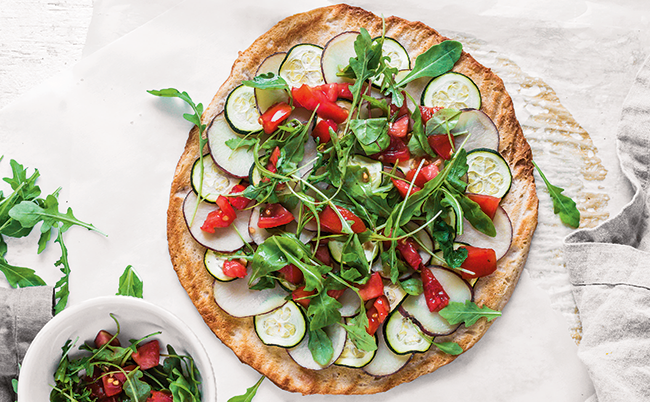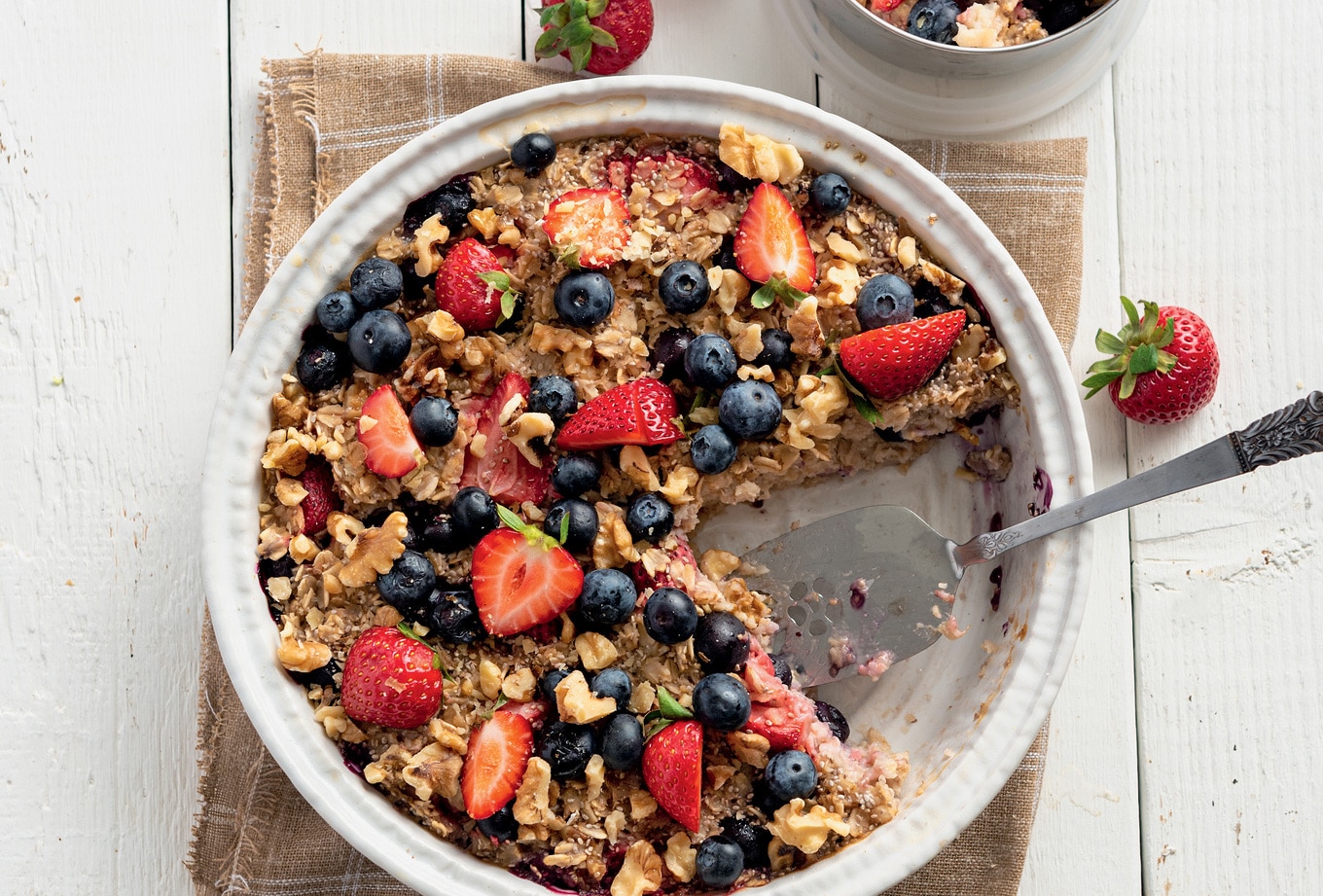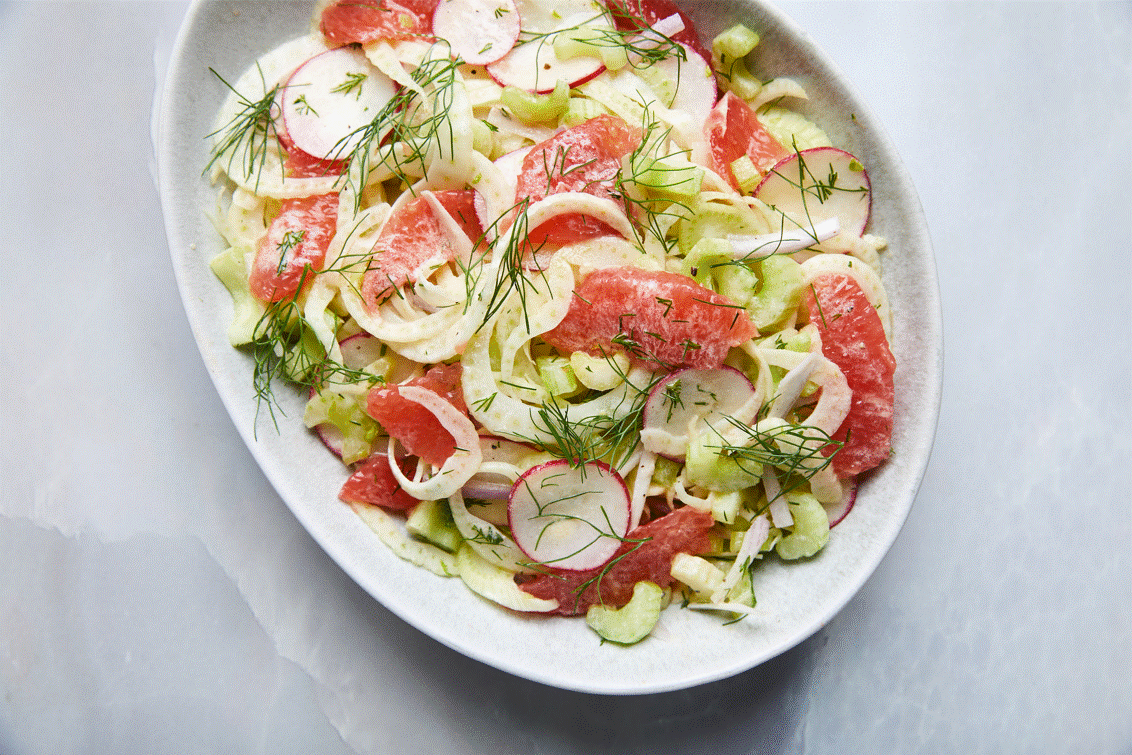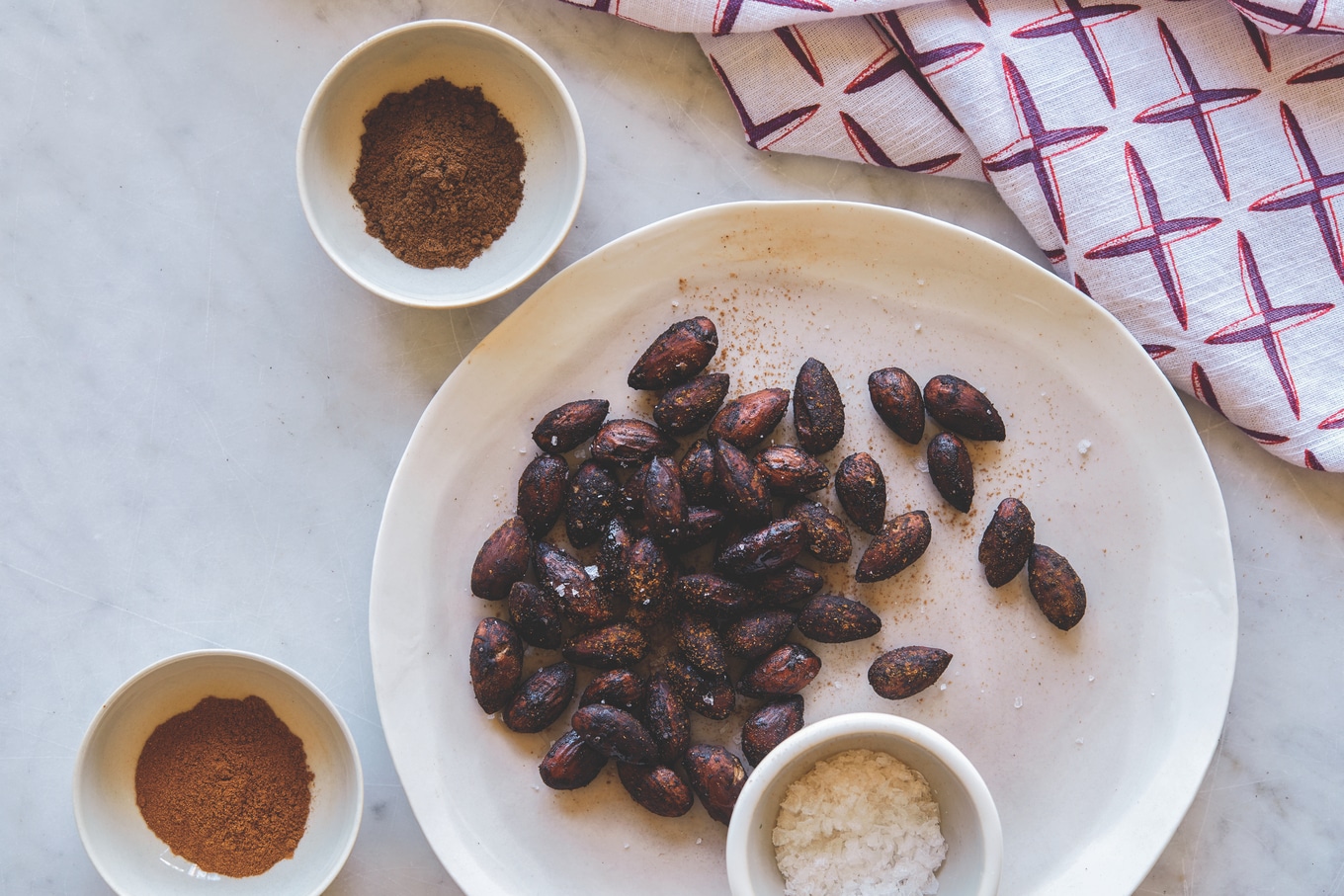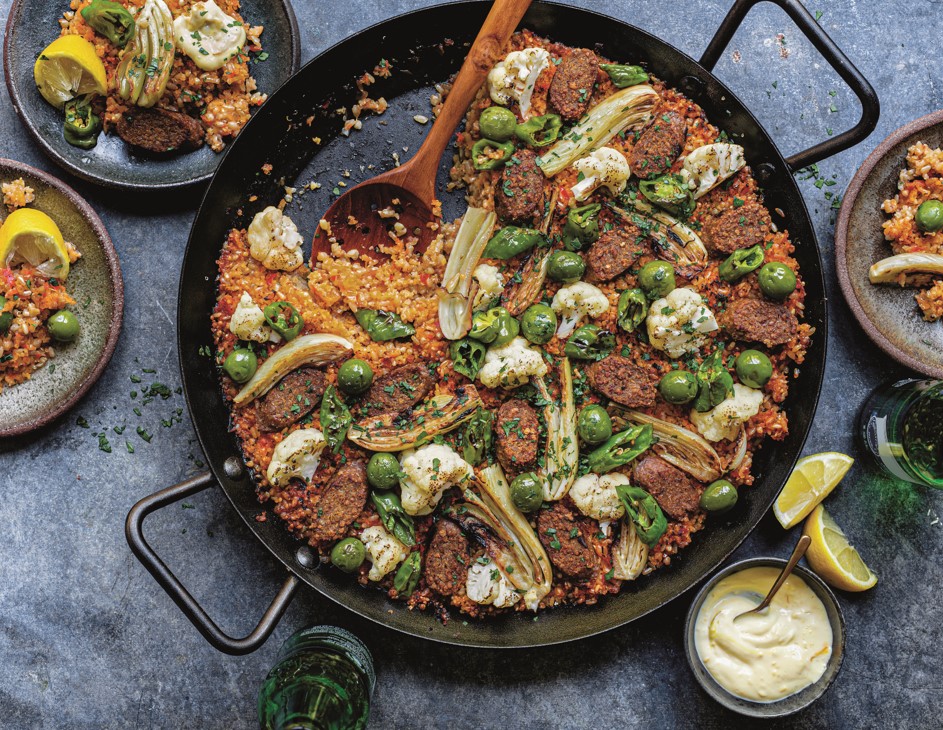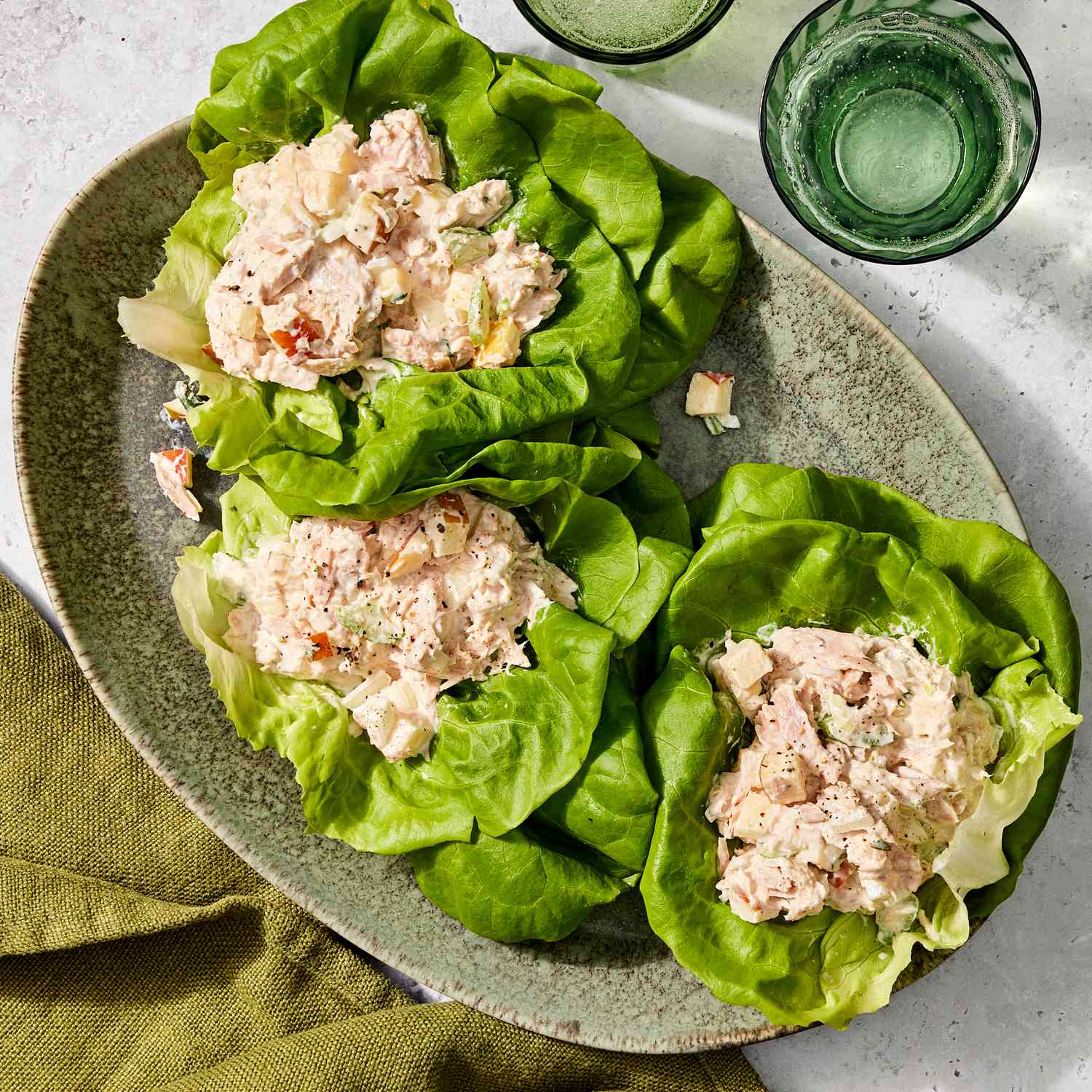Right now, research suggests that more than 35 million Americans are dealing with some sort of chronic lung condition, like asthma or chronic obstructive pulmonary disease (COPD). Research also suggests that more than 650,000 people in the US will be diagnosed with lung cancer at some point in their life. The disease is a leading cause of death in the country, after heart disease and skin cancer.
While lifestyle choices, like smoking cigarettes and vaping, can make lung conditions more likely, other external factors, like rising rates of air pollution around the world, are also putting our lungs—which play a vital role in our respiratory systems—at risk. This is why it’s more important than ever to take care of our lung health. And the good news is that there are many ways to do this.
Getty
Reducing stress levels, getting frequent exercise, and attending regular medical check-ups are all important ways to take care of your lungs (as well as quitting smoking or vaping, of course). But the food choices we make can also have a big impact on the health of our lungs. In fact, it turns out: our lungs really like plants.
Can a plant-based diet help support lung health?
Research suggests that eating more plant-based whole foods, and fewer processed foods, may help support our lungs. For example, in 2021, research published in The American Journal of Clinical Nutrition concluded that eating more nutrient-dense foods, like fruits and vegetables, and fewer ultra-processed foods was associated with a reduced risk of lung cancer.
This is because plant foods are rich in essential nutrients, like antioxidants, which help to reduce oxidative stress in the body. Over time, oxidative stress can accumulate and increase the risk of chronic diseases, including cancer and COPD.
Lungs are particularly vulnerable to oxidative stress. After all, they are always dealing with toxins and pollutants in the air we breathe. When these harmful particles enter the lungs, they can generate free radicals, which are unstable molecules that damage cells.
But as well as antioxidants, fruits and vegetables (and other plant-based foods, like whole grains and legumes) are also rich sources of dietary fiber. This nutrient can reduce inflammation, but, in a similar way to vitamins and minerals, it also helps to support the immune system, too. A strong immune system is essential for protecting the lungs from infections and diseases like pneumonia and bronchitis.
 Pexels
Pexels
“Diet can play a major role in lowering the risk of respiratory diseases,” says Ana Reisdorf, MS, RD, founder of the nutrition education platform The Food Trends. “Key nutrients include vitamins C and E, beta-carotene, and selenium. All of which function as antioxidants or have anti-inflammatory properties to protect the health of the lungs. Vitamin C stands out specifically as it helps support immune health.”
Reisdorf added that omega-3 fatty acids, which are found in plant-based foods like walnuts and flaxseeds, are beneficial for those with asthma or COPD, as they help to lower inflammation in the lungs, which, in turn, may improve symptoms.
But just like some foods can help our lungs, others can hinder it. Consuming certain types of meat, for example, may increase the risk of lung-related disease. In 2012, one study published in the National Library of Medicine suggested that a high intake of red meat may increase the risk of lung cancer by 35 percent.
Reisdorf also notes that foods high in trans fats and saturated fats, like processed meat and ultra-processed foods, can increase inflammation in the lungs, while foods high in sulfites, like red wine, could trigger asthma attacks for some people.
“Foods high in salt can also lead to fluid retention and exacerbate breathing difficulties in some individuals,” she added. “Dairy products can increase mucus production for some people, potentially worsening respiratory conditions.”
What foods are good for your lungs?
Lung-healthy foods tend to be high in antioxidants, vitamins, minerals, and fiber, so most plant-based, whole foods will fit the bill. Reisdorf also advises that spices like turmeric and ginger can be beneficial, due to their “anti-inflammatory properties.” On top of this, drinking plenty of water is always a good idea: “Stay hydrated to help keep the airways clear and mucous membranes moist.”
Want to learn more about how to keep your lungs healthy? Check out some of Reisdorf’s top food suggestions below. Plus, we’ve included recipe suggestions for each, too.
1 Leafy greens
Leafy greens—like spinach, kale, collard greens, and arugula—are packed with vitamins, minerals, and plant compounds that help to reduce inflammation, combat oxidative stress, and improve lung function. They’re also particularly rich in antioxidants, like vitamin C, vitamin E, and beta-carotene.
Try it in a recipe: Roasted Potato Zucchini Pizza
2 Berries
Another plant-based food that is renowned for its “high antioxidant content” is berries, says Reisdorf—think strawberries, blueberries, raspberries, blackberries, and more. All are rich sources of antioxidants and anti-inflammatory compounds that can help support lung function, heal damage, and strengthen the immune system.
Try it in a recipe: Vegan Baked Berry Oatmeal With Walnuts
3 Citrus fruits
“[Eat] oranges and grapefruits for vitamin C,” says Reisdorf. Vitamin C is a powerful antioxidant and immune booster that plays a critical role in protecting lung health. It also has anti-inflammatory properties that help reduce inflammatory markers in the airways, improving breathing and reducing mucus buildup.
Try it in a recipe: Vegan Shaved Fennel and Pink Grapefruit Salad With Cashew Dill Yogurt Dressing
4 Nuts and seeds
Reisdorf recommends eating plenty of nuts and seeds, like almonds and flaxseeds, for vitamin E. This is another powerful antioxidant that can help to reduce cell damage and inflammation at the same time.
Try it in a recipe: Cocoa-Spiced Roasted Almonds
5 Whole grains
Whole grains, like brown rice and quinoa, are not just a rich source of fiber, says Reisdorf, but they also contain selenium. This trace mineral works with other antioxidants (like vitamin E) to tackle cell damage, reduce inflammation, and support healthy lung function.
Try it in a recipe: Mixed Grain Vegetable Paella With Sausage and Castelvetrano Olives

